Smart elevators can make real-time maintenance decisions, monitor performance, offer advanced reporting, and provide updated status.
Smart Elevator Management Based on IoT Solutions
Traditional elevators have evolved into intelligent systems with the integration of IoT (Internet of Things) technologies. These advancements aim to enhance user experience, improve safety, and increase energy efficiency. Here's an overview of IoT-enabled elevators, their benefits, the role of IoT gateways, and the ideal gateways for such systems.
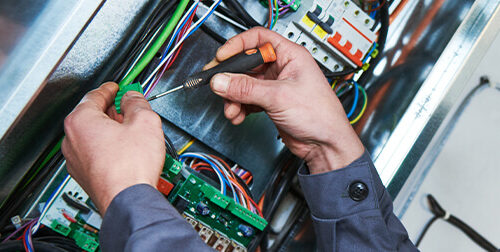
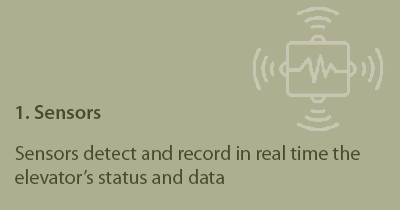
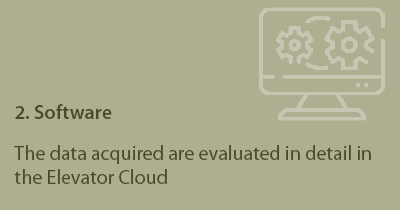
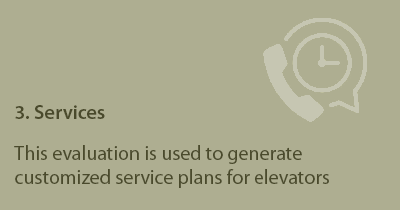
Sensors
MARK elevator sensor box is a comprehensive solution designed to monitor and manage various parameters and conditions within an elevator system. It gathers data from multiple sensors installed in and around the elevator, processes this information, and typically transmits it to a cloud-based platform for real-time monitoring and analysis.
The sensors detect and record the elevator condition data, including heat monitoring, energy consumption, vibration, speed, current position, travel movements, the number of door openings, and any potential unscheduled downtimes. All incidents of malfunction are recorded in a traceable manner, ensuring effective monitoring and management.
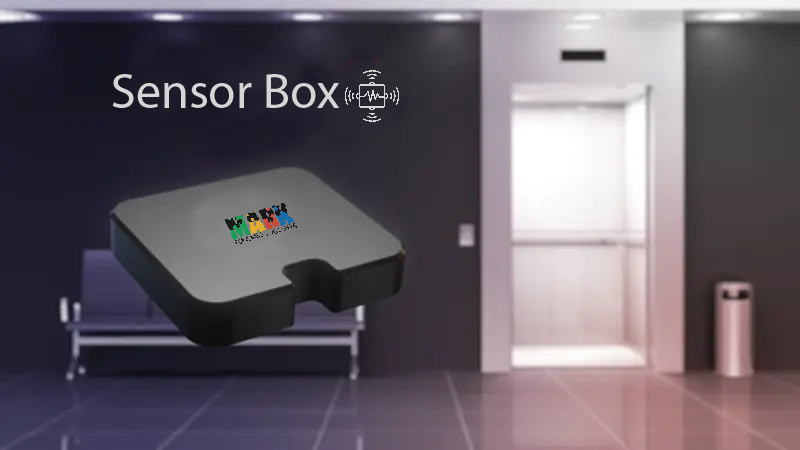
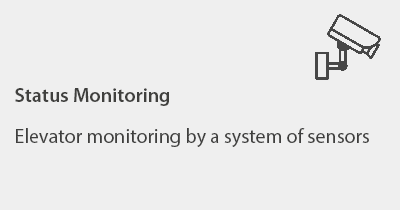
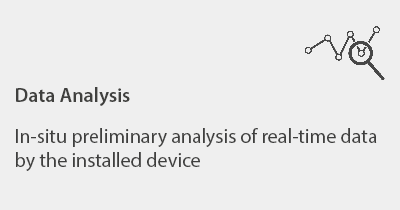
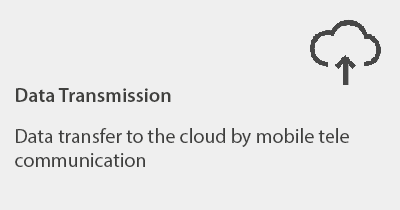
Data analysis by cloud-based software
The data generated by the sensor box is collected and analyzed in the cloud. The user-friendly operator interface presents the elevator’s current status, the position of the elevator cab, and the number of trips. It monitors critical components, including the temperature of the motor, to prevent overheating and measures the current flow to track energy consumption.
Additionally, the system provides accurate information regarding the position and speed of the elevator car, detects mechanical issues through vibration monitoring, and ensures proper tension in the elevator ropes to avoid slack or over-tension. The dashboard can be displayed in both map mode and list view, offering comprehensive information on the elevator's status.
If any operator-specified parameter is exceeded, necessary maintenance or repair measures are promptly initiated to rectify the condition. This high level of transparency regarding elevator status and condition significantly minimizes downtime.
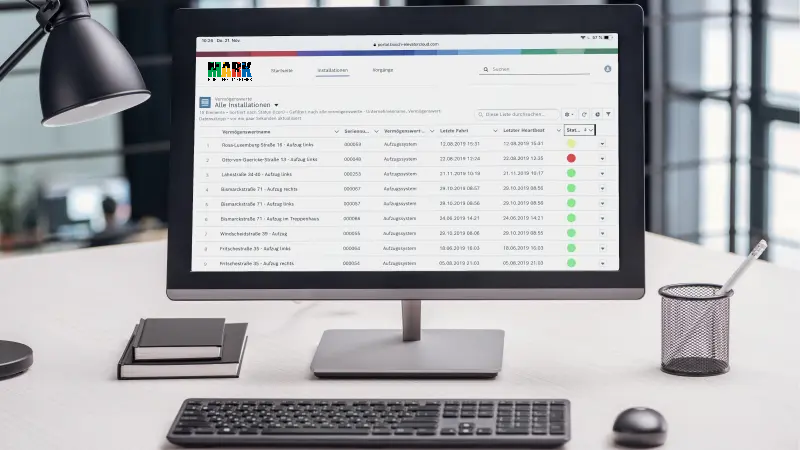
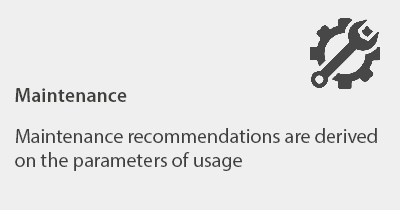
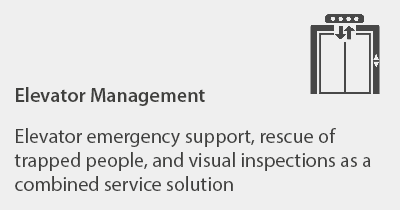
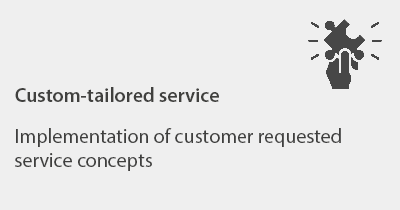
Comprehensive service
We provide custom-tailored service packages that encompass monitoring elevator conditions, managing emergency calls, and safely evacuating occupants from inoperative elevators. Our team meticulously documents all incidents, oversees repair interventions, and optimizes maintenance intervals. We offer both individual one-time services and comprehensive service solutions packaged to fit your specific needs and preferences.
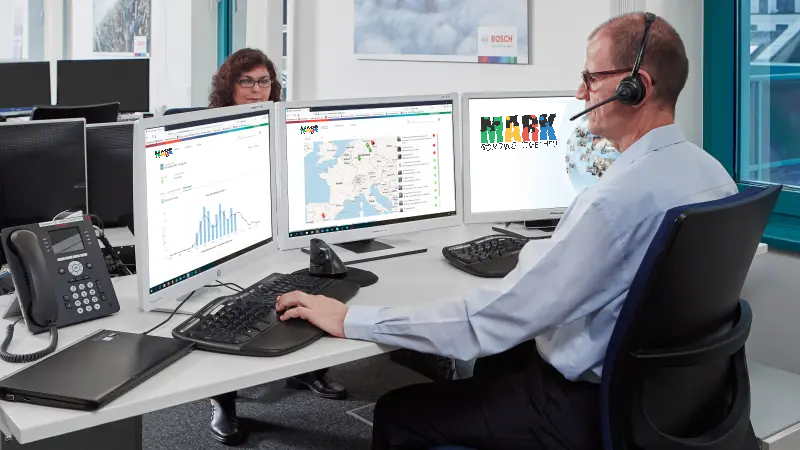
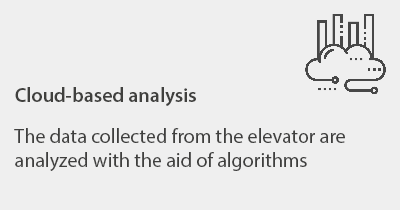
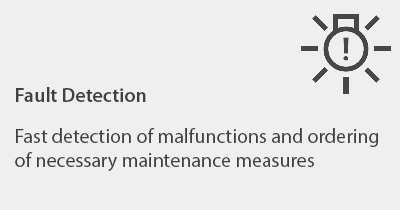
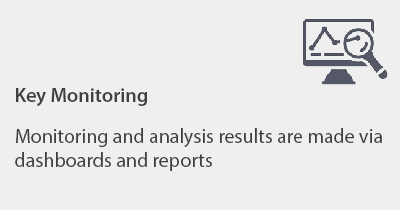
IoT Elevators market Size
The global IoT in elevators market is projected to grow significantly in the coming years. By 2026, the market size is expected to reach approximately USD 56.35 billion, driven by increasing urbanization and demand for advanced elevator technologies. The market is set to expand at a compound annual growth rate (CAGR) of around 8.8% from 2023 to 2028.
The rapid growth is attributed to the integration of IoT with elevator systems, which enhances efficiency, reduces downtime through predictive maintenance, and improves safety features.
Key market insights for elevator construction
The construction market worldwide is estimated to reach USD 24,334.90 Billion in the coming years, and the demand for smarter elevators is on the rise, boosting the IoT-driven elevator market. Smart elevator solutions are helpful for safer use and regulatory compliance related to residential and commercial amenities.
The recent advancements in the elevator industry use IoT and AI, enabling it to become more efficient, safe, and reliable.
These innovations have been introduced to improve passenger experience as well as increase revenue generation for companies by eliminating downtime from maintenance work.
With over 325 Million people using elevators per day, it only makes sense that monitoring solutions continue advancing to improve the experience. Below, we discuss the latest elevator monitoring system advancements for predictive maintenance and reduced downtime
The future of the IoT elevators market
The IoT elevator market is poised for significant growth in the coming years due to the increasing demand for smart equipment in construction. Recent advancements in IoT and AI technologies are enhancing the intelligence of elevators, paving the way for greater automation. With reduced human intervention, the time and costs associated with maintenance and repair are expected to decrease.
By the 2030s, elevators are anticipated to possess advanced capabilities, allowing for remote monitoring and control. In a new smart building ecosystem, elevators will communicate with servers to enhance user experience, ensuring minimal hassle and no downtime.
The next generation of IoT elevators is expected to feature machines that can hold doors open longer for elderly passengers, provide customized journeys through facial recognition, and determine optimal times for users to leave and return home.
Book a Free 45-Minute Consultation with Our IoT Experts Today! Get a personalized roadmap and strategies to leverage IoT for creating smart and safe elevators.
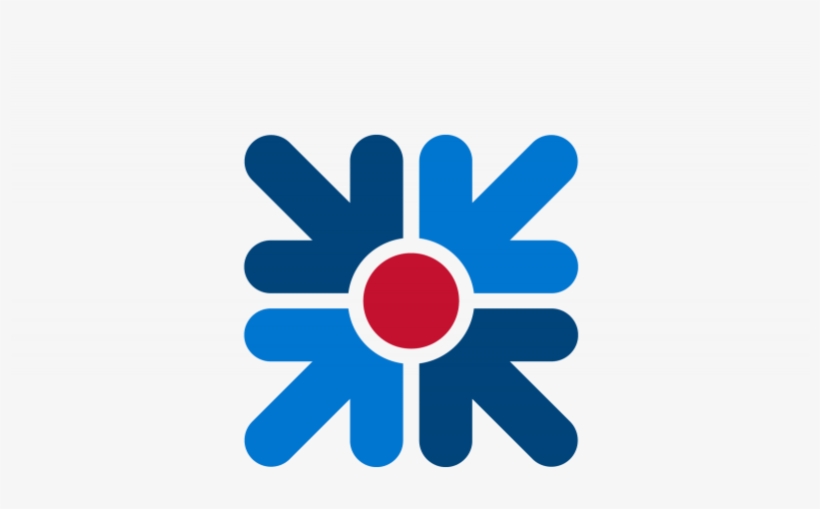
Single Contact for All Your Services
Through innovative parts and accessories supply, cutting-edge IoT solutions for smart elevator management, specialized education and training programs, and exceptional rental, repair, inspection, and technical support services. We offer a full-service solution with a single point of contact, with more flexibility and better insight.
FAQ's
If you have questions, we have answers.
Some of the common sensors used in IoT elevators includes motion, position, vibration, temperature, humidity, pressure, and proximity sensors.
IoT gateway monitors various aspects of the elevator’s performance, such as its movement, position, stability, temperature, and humidity, and provides real-time data to the control system for analysis and optimization.
The risks can be minimized by implementing data encryption, strong authentication, and regular monitoring of suspicious activities in an IoT elevator.

